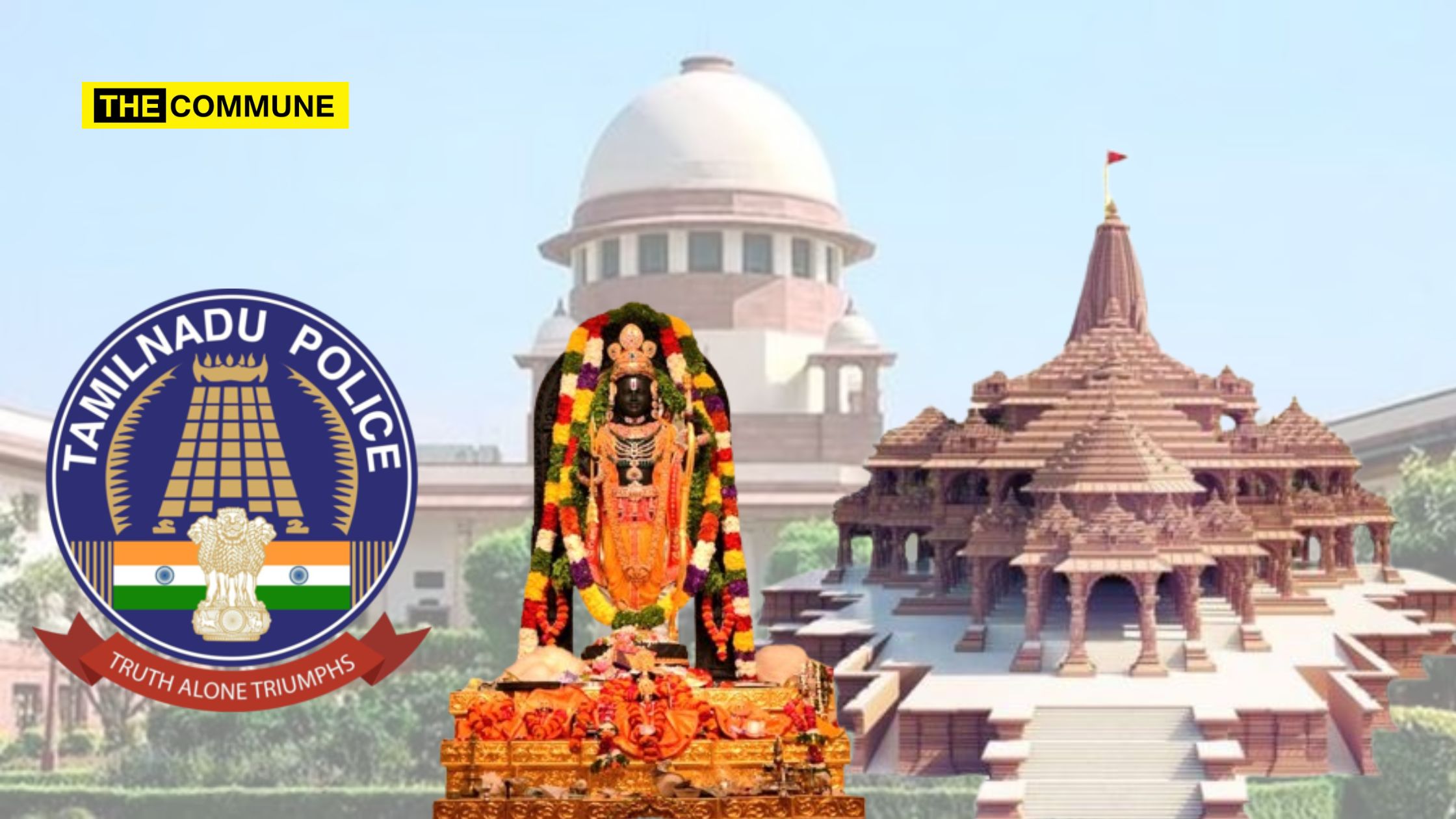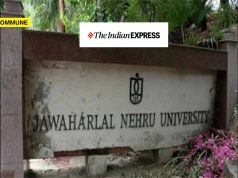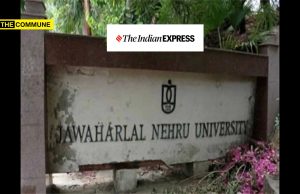
The Director General of Police and Chief of Police Force in Tamil Nadu has submitted a sworn statement before the Supreme Court acknowledging that it sanctioned merely 4 out of 288 applications for Ayodhya Ram Temple ‘Pran Pratishta‘ related ceremonies on January 22. This was before the intervention of the Madras High Court. The affidavit also asserts that the state government does not hold an anti-Hindu stance as portrayed by the petitioner. The submission was made in response to a plea seeking to lift the alleged prohibition on the live broadcast of the “Pran Pratishta” event. The Supreme Court had taken note of the plea and duly recorded the representation made on behalf of Tamil Nadu, clarifying that there is no prohibition on any event related to Pran Pratishta.
However, according to the affidavit filed by the DGP before the High Court’s directive, out of the total 288 applications received, only 4 were granted approval, while 146 were declined and 138 were held pending for verification. None of the 22 applications for livestreaming of the event in public spaces were accepted, as per the DGP’s submission. Among the 15 applications received for livestreaming events from Ayodhya in temples and other indoor locations in the state, 7 were refused, and 8 were kept pending for verification. Out of the 226 applications for Bhajans, Annadhanams, and special poojas in public spaces, only 4 were sanctioned while 94 were rejected.
The Madras High Court, while granting permission for the livestreaming of the event to a Hindu organization, affirmed that singing Bhajans, chanting Rama Nama, and conducting Annadhanams are not inherently prohibited or restricted. After the High Court’s directive, the DGP’s affidavit submitted before the Apex Court revealed that out of the 288 applications, only 4 were rejected while 248 were executed.
Moreover, the affidavit rebuts the portrayal of the Tamil Nadu government as anti-Hindu, branding it as “totally false and condemnable.” It also asserts that the petition has been utilized to malign the Chief Minister of Tamil Nadu, with certain assertions deemed derogatory against him. The DGP further clarifies that the Chief Minister did not issue any oral directive to prohibit any Pran Pratishtha-related events. “The Hon’ble Chief Minister of Tamil Nadu has not issued any such instructions to the police department. This allegation is made by the petitioner only to suit his convenience for filing this writ petition,” states the counter affidavit filed by the Director General of Police and Chief of Police Force of Tamil Nadu before the Apex Court.
On 22 January 2024, on the occasion of the Pran Pratishta of Ram Mandir at Ayodhya, celebrations were held all over India. However, in Tamil Nadu, the celebrations were surrounded by controversies. The Union Finance Minister Nirmala Sitharaman criticized the Tamil Nadu government for allegedly preventing people from celebrating the Ram Mandir Pran Prathishtha ceremony in Ayodhya by installing LED screens in temples. She accused the TN government of repressing the Hindu devotees and challenged the minister of Hindu Religious and Charitable Endowments to facilitate the live telecast of the ceremony in temples.
In response to the restrictions laid by the police and HR&CE, a writ petition was filed in the Madras High Court. The Madras High Court ruled that no permission is needed for live telecast of the ceremony in private enclosures. However, prior information to the police and the HR & CE Department is required for events in public spaces and temples under their control.
Despite the claims of the police and the HR&CE dept., several examples of permission denial notes, leaked audio recordings, and police interventions show how the devotees in Tamil Nadu were denied the right to celebrate the Ram Mandir consecration. The devotees in Tamil Nadu were denied the right to celebrate the Ram Mandir consecration in various ways. Devotees were also allegedly obstructed by the police while trying to do a ritual at Srirangam temple as an offering to Shri Ram and Shri Ranganatha Swamy on January 22, 2024.
(With inputs from Verdictum)
Subscribe to our channels on Telegram, WhatsApp, and Instagram and get the best stories of the day delivered to you personally.




